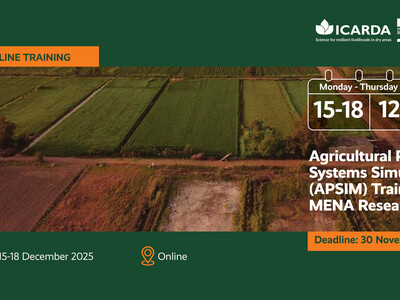Trade, food security, and nutrition
The relationship between trade and food security is attracting increased attention on both the trade and development agendas, with trade recognized as one of the means for achieving the Sustainable Development Goals (SDGs). This course addresses the linkages between trade and food security, which are highly complex and have been subject to intense debates at the national and global levels. The challenge is how to ensure that the expansion of agricultural trade works for, and not against, the eradication of hunger, food insecurity and malnutrition.
A downloadable package of this course is also available in Russian.
Duration: 7 hours
System Requirements
The online version of this course runs on the main web browsers. Preferably, you should use Internet Explorer, Safari, Chrome and Firefox.
Audience
This course is designed primarily for representatives from governments, for example Ministries of Agriculture, Ministries of Trade and Commerce, Ministries of Economy, and other entities responsible for the formulation and implementation of agricultural and trade policies and programs. Private sector participants such as representatives of producer organizations or agro-industry, as well as researchers interested in agricultural policy and trade analysis will also benefit from the course.
You will learn about:
- The challenges and opportunities posed by greater openness to trade for food security and nutrition
- The different types of trade policy measures, their role in promoting food security and nutrition, and considerations for trade policy design and implementation
- The key global policy and regulatory frameworks governing trade, food security and nutrition, including the WTO Agreement on Agriculture and the 2030 Agenda for Sustainable Development
- The challenges and opportunities for improving policy coherence between trade and agriculture at the national, regional and global levels.
To access the course visit: http://fmm.unitar.org/english/tfsn/


